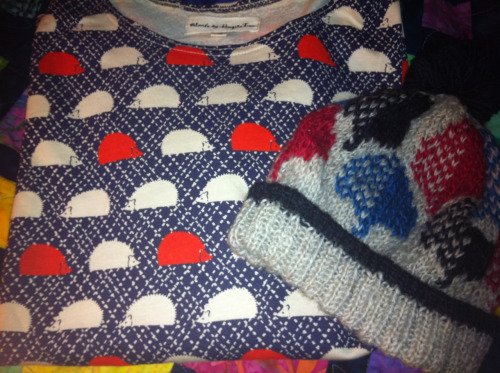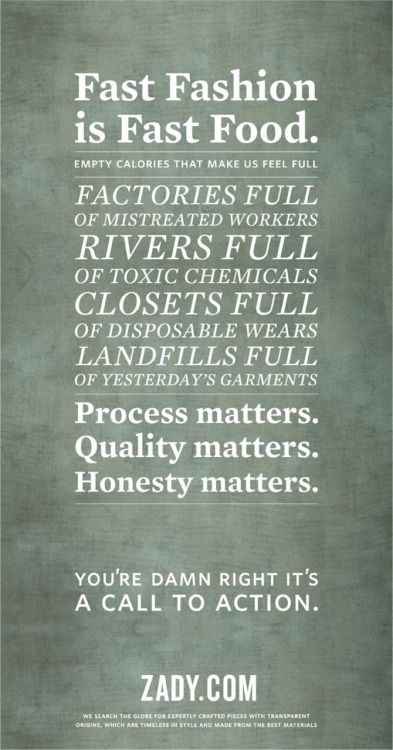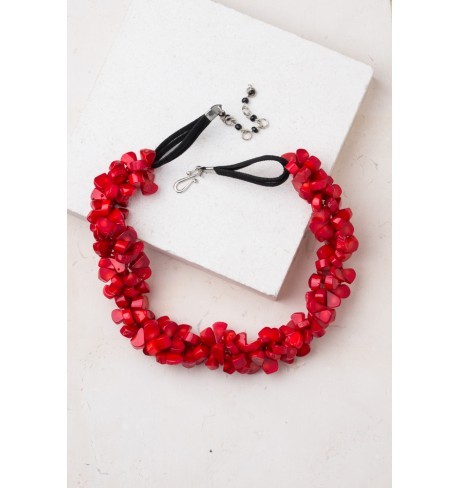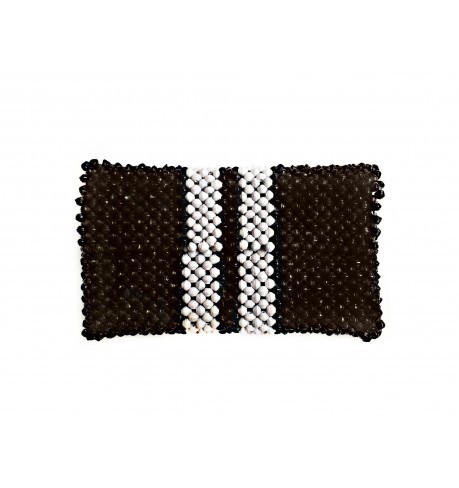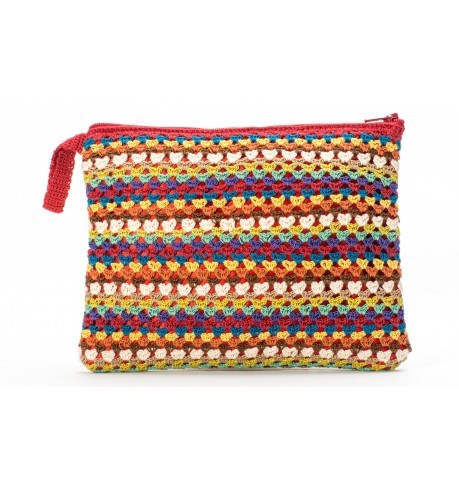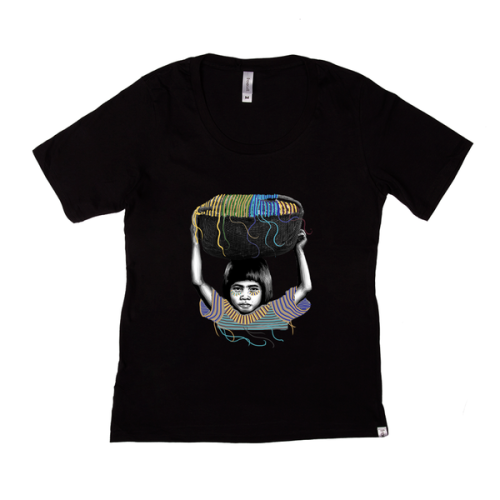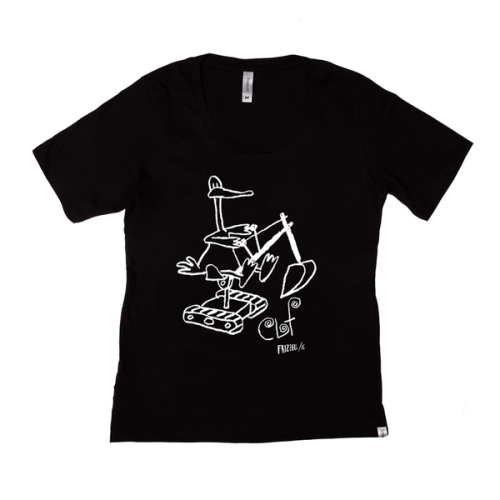#fair trade
Transparency From Farm to Cup
How do you know your coffee is fresh and fairly-sourced? Brooklyn Roasting Company recently collaborated with IBM to launch a pop-up coffee shop at Smorgasburg, a Brooklyn food festival—serving coffee tracked on the IBM Blockchain platform. When visitors scanned their coffee cup’s unique QR code, they gained access to documentation from the coffee’s global journey, such as a Fair Trade audit revealing how proceeds from the sale of past raw beans helped build classrooms for girls in the Ethiopian growers’ communities. It’s an exciting demonstration of blockchain’s power to connect consumers with growers and small producers behind the products they love.
Learn more about the Blockchain Bean ->
Post link
The Link between Chocolate & Child Labour [Visuals]
→http://ecogreenlove.com/?p=15659Find out how you can tell if the chocolate you are eating is connected to child slavery and some labels to guide you when purchasing chocolate.
@slavefreechocolate_org
@fairtradecertified
@fairtradeofficial
@ftfederation
@rainforestalliance
-
#chocolate #fairtrade #childlabor #Ghana #ethicalchocolate #easterchocolate
#fairtradechocolate #sustainablechocolate #readthelabel #rainforestalliance
Post link
The Link between Chocolate & Child Labour [Visuals]
The Link between Chocolate & Child Labour [Visuals]
#chocolate #fairtrade #childlabor #Ghana #ethicalchocolate #easterchocolate
Find out how you can tell if the chocolate you are eating is connected to child slavery and some labels to guide you when purchasing chocolate.
(more…)


This same willful ignorance of companies is also prevalent in consumers: unless ethical information is available at the point of purchase, it “feels better” to remain ignorant rather than seeking out the truth.
Read the whole article here.
REBLOG with your thoughts about whether businesses and consumers share this trait of “willful ignorance.”
An old, but good interview with Emma Watson on the importance of fair trade while she was in Bangladesh a few years ago.
A sceencap of a fact sheet I made for my Environment & Society class that’s all about sustainable and fair trade fashion. Thought it was a bit timely to share since we discussed the Bangladesh factory collapse in class today and I was the only one who raised their hand when the professor asked if anyone had read about it. Its absolutely heartbreaking that over 700 people have died so far, the largest of its kind ever in the garment industry. Such working conditions are a environmental and human rights violation and its time to make changes that will benefit garment workers rather then just business owners.
Post link
The creator of People Tree, Safia Minney, talks with a reporter about the collapse of a clothing factory in Bangladesh and why it is important to treat workers fairly. This story is absolutely infuriating and I find it mind boggling that more people aren’t questioning where their clothes came from and what conditions they were made in.
As you may have noticed in previous blog entries I’ve been talking a lot about sustainable, fair trade clothing lately. This is in-part because of the sociology course I’m taking, Environment & Society, which has really got me thinking about how fashion plays a part in the destruction of the environment and the poverty of people. I will be undertaking a pretty large project over the next few months; looking at my own clothing wardrobe to better understand what the fabrics are made from, where they are made, and the results of such cheaply made products. It’s with my professors approval that I’ll be doing this project (which has several other components too…like possibly working on an organic sheep or alpaca farm!). And I’ll be sharing my results here as well. Now, all that said, let’s talk about a good shopping experience I had recently!
I have herd about People Tree for awhile now (ever since Emma Watson did a collaboration with them, if you must know) but had never purchased anything from the company before. But I recently bought this adorable hedgehog shirt and cozy Orla Kiely with People Tree hat. It was such a lovely shopping experience, I felt like I was actually spending my money in a responsible way, especially knowing that the people who made the clothes were treated fairly. And for me, it was a new way to shop too, rather then not knowing where or who made my purchases I can confidently say that the top was made by Assisi Garments, a project which provides work for deaf, mute, and marginalized women in India. And my wool hat was produced in Nepal, with knitters at the Kumbeshwar Technical School, which also provides workers with fair wages and medical and social support. Perhaps if all clothing items came with a tag informing the buyer of where it was made and what sort of people made it, then people would actually care about the source of their clothes.
Post link
Although you may not look for these terms as much as the others, these are still important to understand which is which. Knowing the difference will allow you to buy from companies that meet your ethical standards with ease.
Clean vs.Nontoxic vs. Organic
Cleanrefers to ingredients that are not harmful to your health.
Nontoxicrefers to ingredients that are not harmful to your health or the environment.
Organicrefers to products that are produced with all natural ingredients, without synthetic chemicals that may have been deemed safe.
Ethical vs. Fair Trade vs. Artisan
Ethicaldescribes appropriate working conditions and employees that are paid fairly for their work by multinational companies.
Fair trade describes the movement ensuring producers abroad receive fair compensation for their work and products.
Artisandescribes products that are handmade, with minimal automation by skilled workers in developing countries.
**It is important to note that although a product can claim to be any of the above, these are not binding terms. The best thing to do is to look for products that are certified by a third party.
Q&A with TO THE MARKET
TO THE MARKET is a USA based company empowering women around the world through artisan enterprise and have been featured by The New York Times, Forbes, Glamour, Elle and People StyleWatch to name a few!! Find out more in our inspiring Q&A with Founder, Kristin Franco.
1. What inspired you to found TO THE MARKET?
Before founding TO THE MARKET, I worked on counter terrorism for the US State Department and human trafficking for Mrs. Cindy McCain at the McCain Institute. My work exposed me to marginalized populations across the world where women had little control over their day to day lives. These experiences showed me the importance of economic empowerment and economic independence. When I look at the growing demand for social impact products (demand!) and the incredible skillset of vulnerable communities to produce beautiful products (supply!), I knew that the market forces aligned.
2. How did you first become interested in ethical fashion?
I became interested in ethical fashion when I looked into different industries that could serve as a pathway for economic empowerment of women. Artisan enterprise is the second largest economy in the developing world and provides women with flexibility and a sustained form of income!
3. You started the company supporting a handful of artisan co-operatives and have grown to support tens of artisan groups, which is an amazing achievement. Tell us a little about the positive impact.
TO THE MARKET partners with existing artisan cooperatives to sustain and grow their businesses, helping vulnerable women artisans become economically empowered through the dignity of work. We accomplish this by providing multiple channels for product distribution, serving as a platform for survivors to share their stories and supporting our local partners by providing trend forecasting and basic mental health resources. As our reach grows we are able to equip a growing number of artisans with economic independence and raise awareness for the challenges they face.
4. What is your best selling item and which products are your favourites?
http://www.tothemarket.com/starfish-project-tabitha-red-coral-cluster-necklace.html The Tabitha Red Coral Cluster Necklace makes the perfect ethical fashion statement.Handmade in Asia by survivors of human trafficking. (Best seller)
http://www.tothemarket.com/crocheted-cosmetic-bag.html This adorable cosmetic bag is hand-crocheted and fairly traded by women of the Godavari Delta Women’s Lace Cooperative in India. (Best Seller)
http://www.tothemarket.com/pink-and-orange-striped-paper-beaded-clutch-3328.html Designed exclusively by TO THE MARKET, this classic black and white striped clutch is a staple all year round. Each paper bead is crafted with upcycled paper, carefully cut, rolled, painted, and finished by female artisans in Uganda. This clutch has a zipper under the flap, as well as another smaller pocket with a zipper inside the body of the clutch.
http://www.tothemarket.com/ox-chain-tassel-earrings.html The perfect day-to-night earrings! These Ox Chain Tassel Earrings are hand-crafted by survivors of HIV/AIDs in India.
5. Do you have any advice for other socially conscious businesses who want to create a positive impact?
YES! Start now! I frequently hear that people feel like they have to wait to be successful (i.e. profitable or a big business or have a ton of followers) before they incorporate some form of social impact into their work. I say start now and make it a core business value. Your growth and success will be expedited because people put a premium on social impact!
Shop online at www.tothemarket.com
Post link
Child Labor Free Limited Edition Tees
Child Labor Free have collaborated with New Zealand artist Dick Frizzell and London based Zabou x Villanaart to design limited edition t-shirts to fundraise and establish an education and care centre for high risk children in the red light district of Kolkata.
The 100% organic cotton t-shirts are sourced from Freeset. Freeset is a fair trade business offering employment to women trapped in Kolkata’s sex trade. Proceeds from the sales of these t-shirts go on to provide support to their community and help break the cycle of child exploitation in the district.
Available to buy online at www.childlaborfree.com/site/shop
Post link

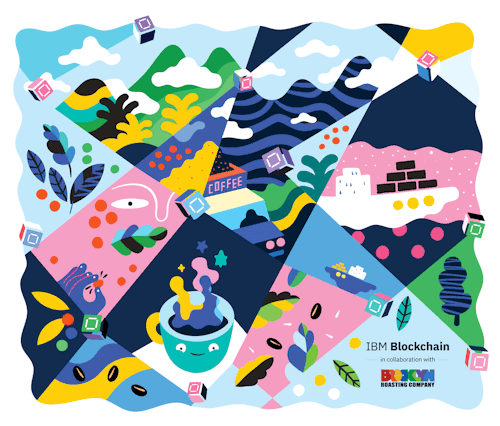
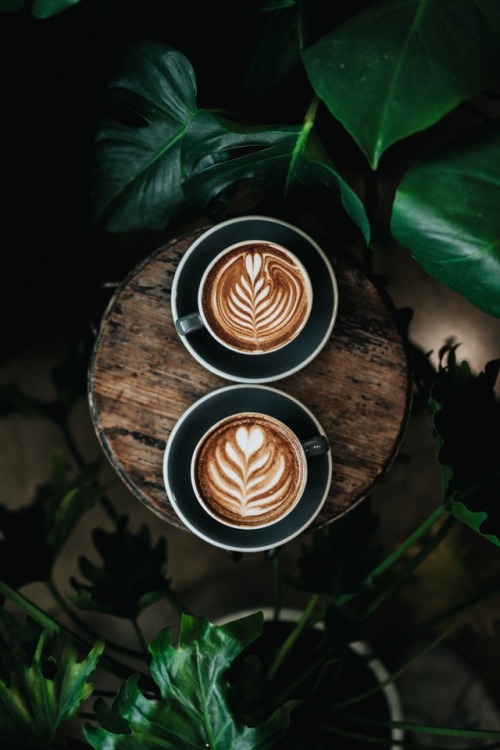

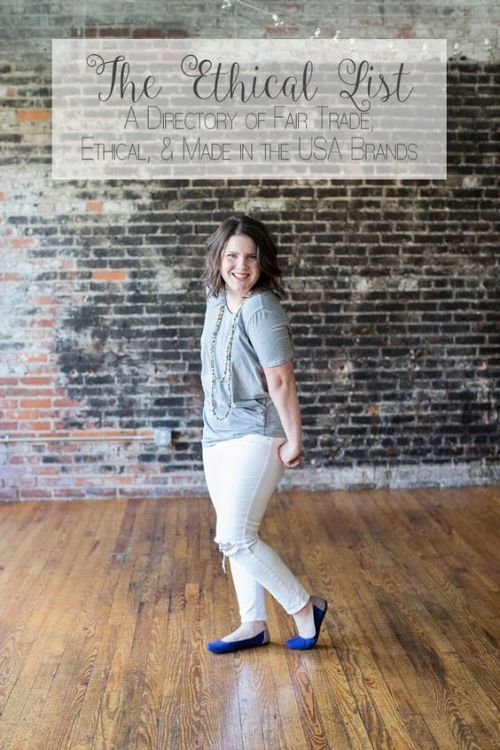


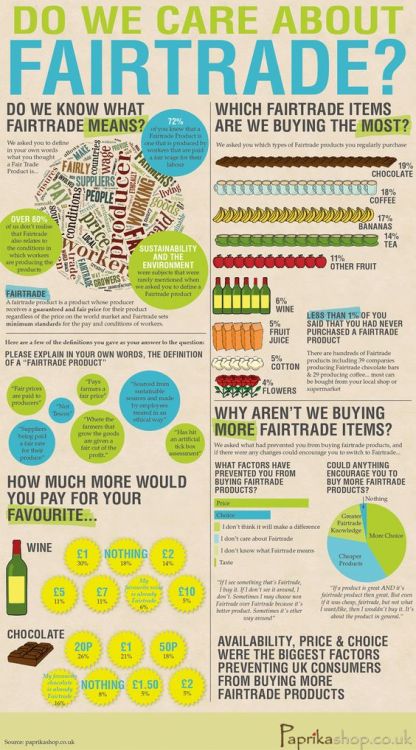
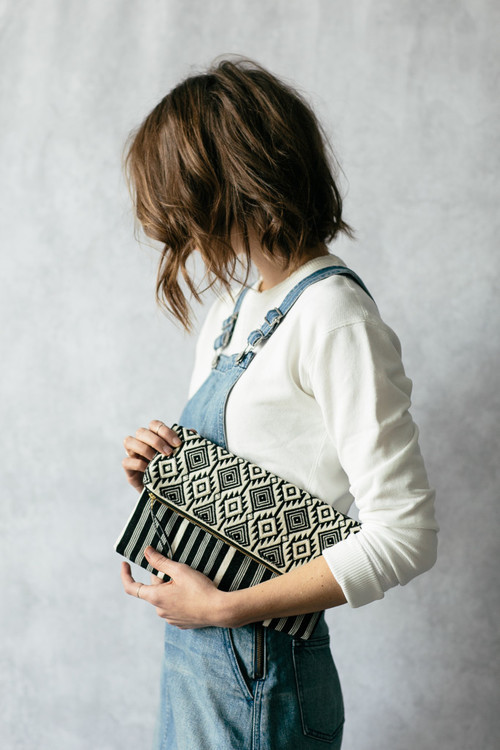
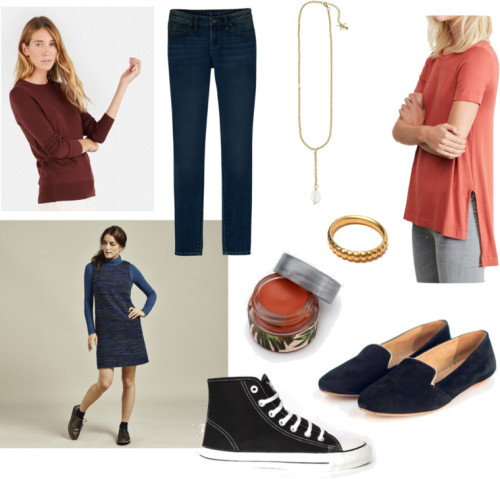

![The Link between Chocolate & Child Labour [Visuals]→ http://ecogreenlove.com/?p=15659Find out ho The Link between Chocolate & Child Labour [Visuals]→ http://ecogreenlove.com/?p=15659Find out ho](https://64.media.tumblr.com/bee6d2f7d31f2f149c8ff5dc86e1ba9d/117a851c232a3642-d7/s500x750/d61e7ec37a6731b033d336e2ddee738a030f0439.png)

